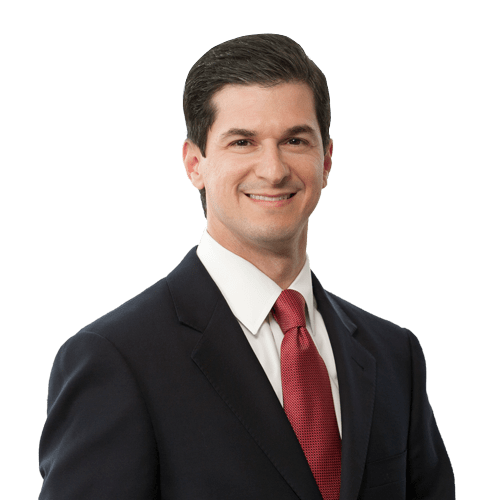Florida Supreme Court Adopts the Daubert Amendments
The Florida Supreme Court, in a 5-2 decision, has receded from its prior decision not to adopt the Legislature’s Daubert amendments to the Evidence Code, and has now held that the Daubert standard for admission of expert testimony applies in Florida.1
The Daubert amendments2 revised sections 90.702 (Testimony by experts) and 90.704 (Basis of opinion testimony by experts), Florida Statutes, to replace the Frye standard with the Daubert standard for determining the admissibility of expert testimony.
In 2017, the Court declined to adopt the Daubert amendments, to the extent they are procedural, due to “grave constitutional concerns” raised by the Florida Bar Code and Rules of Evidence Committee and commenters who supported the Committee’s recommendation that the Court not adopt the Daubert amendments.3 Those concerns included undermining the right to a jury trial and denying access to the courts.
In October 2018, in a 4-3 opinion, the Court found the Daubert amendments unconstitutional, reasoning that they infringe on the Court’s rulemaking authority. The Court determined that Frye, not Daubert, remained the standard in Florida for determining the admissibility of expert testimony.4
But just over seven months later, the Court receded from its 2017 decision, and adopted the Daubert amendments. In doing so, the Court cited Justice Polston’s 2017 dissenting opinion in which he observed that federal courts have routinely applied Daubert since 1993, a “majority [of] state jurisdictions adhere to the Daubert standard,” and “there are 36 states that have rejected Frye in favor of Daubert to some extent.” Justice Polston cited the advisory committee’s note to the 2000 amendment to Fed. R. Evid. 702 that “[a] review of the case law after Daubert shows that the rejection of expert testimony is the exception rather than the rule,” and ultimately opined that the “grave constitutional concerns” regarding the Daubert standard were “unfounded.”
However, the Court did not decide the constitutional or other substantive concerns raised about the amendments, and specifically stated that those issues must be left for a proper case or controversy. So while Daubert is now the standard in Florida for determining the admissibility of expert testimony, further challenges may be on the horizon.
1 In re Amendments to the Florida Evidence Code, No. SC19-107, 2019 WL 2219714 (Fla. May 23, 2019).
2Ch. 2013-107, §§ 1 and 2, Laws of Fla.
3 In re Amendments to the Florida Evidence Code, 210 So. 3d 1231 (Fla.2017), superseded by In re Amendments to the Florida Evidence Code, No. SC19-107, 2019 WL 2219714 (Fla. May 23, 2019).
4 DeLisle v. Crane Co., et al, 258 So.3d 1219 (Fla.2018). See also Jaret J. Fuente & Monica L. Strady, Florida Florida Supreme Court Reaffirms that Frye is the Standard, HCBA Lawyer Magazine (Vol. 29, No. 4, March-April 2019).

